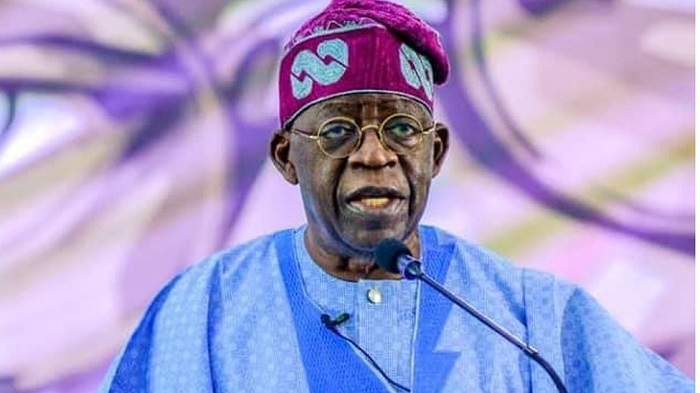The Minister of Finance, Mr Wale Edun, has proposed a new minimum wage of N105,000 for Nigerian workers to the Federal Government.
It is reported that the President is reviewing the proposal and will address the public with an official announcement soon.
This comes after the directive from President Bola Tinubu to devise a plan with cost implications for an affordable, sustainable, and realistic minimum wage for Nigerian workers within two days.
The NLC and TUC went on an indefinite strike on Monday in response to the Federal Government’s refusal to adhere to their demands for a higher minimum wage.
To break the deadlock, the Federal Government was forced to call an emergency meeting after the closure of banks, airports, public academic institutions, and courts, as well as shutting down the national grid and throwing the nation into a complete blackout.
President Tinubu agreed to pay a national minimum wage higher than N60,000, and the tripartite committee promised to meet daily until a new minimum wage is announced. On Tuesday, the unions announced the suspension of the strike for five days to advance the negotiation process.
Also read: Nigerian workers begin indefinite strike Monday as minimum wage negotiations stall
The President of the Trade Union Congress, Festus Osifo, assured the public during Channels Television’s “Politics Today” programme on Tuesday, “No, we also told them that it’s not that we’d get to the table and you start adding N1, N2, N3,000 as you were doing and we got some good guarantees here and there that they would do something good,” he said.
Osifo went on to say that labour was not focused on N494,000 being the nation’s new minimum wage; rather, the tripartite committee needed to demonstrate its sincerity and provide workers with an economically feasible salary in light of the pressures of inflation that are now plaguing the country.
How it started
The most recent minimum wage of ₦30,000 expired in April, five years after former President Muhammadu Buhari enacted the Minimum Wage Act of 2019. The Act stipulated that the minimum wage should be reviewed every five years to align with workers’ changing economic conditions.
The Nigeria Labour Congress (NLC) and the Trade Union Congress (TUC) urged President Bola Tinubu’s administration to accelerate the wage review, with recent demands from Organised Labour reaching ₦615,000 to address economic challenges and the high cost of living in Nigeria. The labour unions expressed concern that the existing minimum wage of ₦30,000 is insufficient to support the needs of the typical Nigerian worker.
After much negotiation, the labour union reduced the demand to a minimum wage of N494,000 for Nigerian workers.
Also read: NLC Strike: Nigerian economy suffers as workers down tools over demand for wage increase
However, President Tinubu, through Vice President Kashim Shettima, had on January 30, 2024, set up a 37-member panel to recommend a new national minimum wage. The panel was tasked with recommending a new national minimum wage, with its membership cutting across federal and state governments, the private sector, and organised labour.
The inauguration followed months of agitation from organised labour over the FG’s failure to inaugurate the new national minimum wage committee as promised during negotiations last October. The President of the Nigeria Labour Congress (NLC), Joe Ajaero, said most governors of the 37-member Tripartite Committee on Minimum Wage were not complying with the proposed base pay structure.
On the committee, the Nigeria Labour Congress is represented by its president, Ajaero; as well as the President of the TUC, Osifo; and his deputy, Tommy Etim-Okon, among others.
What economists say
Various economists also differed on the proposal.
A Professor of Economics at Olabisi Onabanjo University, Ogun State, Sheriffdeen Tella, said that the recent 30,000 minimum wage wasn’t adhered to by some states despite the increase in funds in the federation account.
He claimed that while not all states could meet the minimum wage, the country should strive to raise the standard of living.
Professor of Microeconomics at the University of Ibadan, Oyo State, Adeola Adenikinju, also noted that while the Federal Government would bear a significant burden, it was imperative to recognise the involvement of state governments and the private sector in the implementation of the new minimum wage.
Adenikinju, who is also the President of the Nigerian Economic Society, emphasised the importance of acknowledging the diverse economic landscapes across states, suggesting that a uniform minimum wage might not be feasible due to varying levels of affordability.

